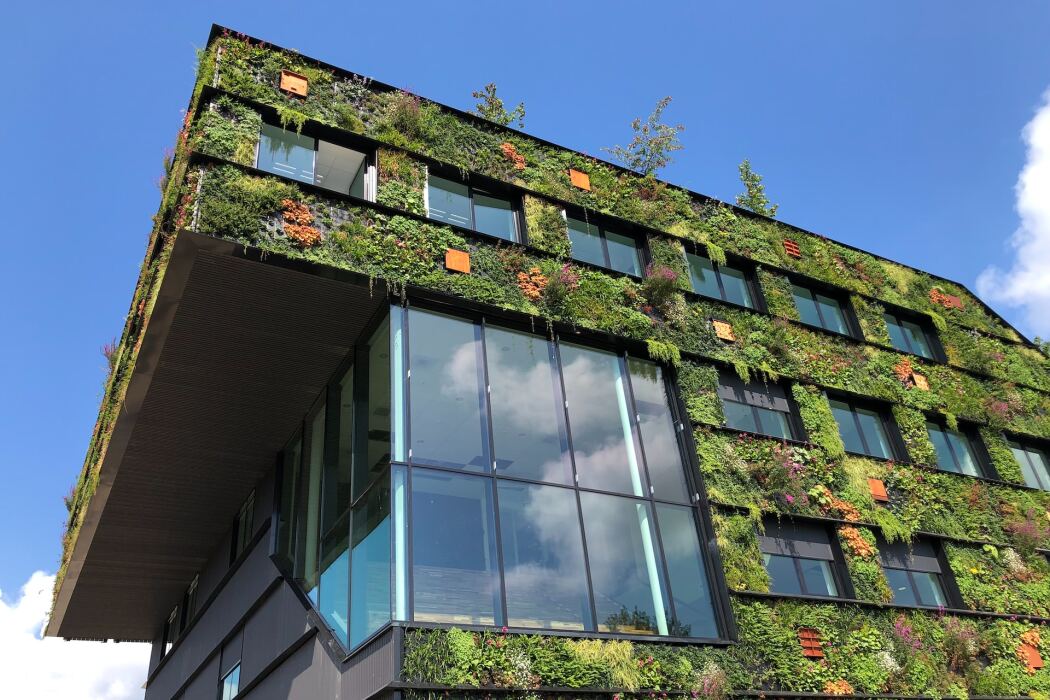How life cycle analysis can improve competitiveness and business transparency
Sustainability
In the current situation, where sustainability has been consolidated as an essential pillar, life cycle analysis emerges as an indispensable tool for all industries, especially those linked to construction and the manufacture of materials. At Grup Carles, we stress the imperative need to adopt this holistic approach to assess the environmental impact of products and processes throughout all their phases.
Life cycle analysis goes beyond the mere measurement of the carbon footprint, considering not only greenhouse gas emissions but also other environmental, social and economic impacts at each stage, from the extraction of raw materials to final disposal.
In the construction sector, where the demand for sustainable practices is constantly increasing, life cycle analysis becomes an essential tool. Assessing only the use phase of a building does not fully reflect its total impact. It is imperative to consider all phases, from material production to construction, use and eventual demolition and treatment at the end of the life cycle.
Materials manufacturers are undergoing a significant shift by adopting life cycle analysis. Beyond meeting environmental expectations, this approach becomes a key differentiator in an increasingly competitive marketplace. It allows companies not only to measure their impact, but also to transparently and truthfully communicate their commitment to sustainability.
By calculating the life cycle analysis of their products, manufacturers benefit in several ways. Firstly, they gain a deeper understanding of the environmental impacts associated with production, allowing them to identify areas for improvement and optimisation. In addition, it provides the opportunity to innovate in materials and processes to reduce their environmental impact and improve efficiency. It is an eco-design tool.
This approach is not only an environmentally responsible strategy, but also a smart business strategy. Companies that adopt sustainable practices often experience greater market acceptance, attract environmentally conscious customers and comply with increasingly stringent regulatory requirements, as is the case with the export of some products to France.
For us, the ability to offer comprehensive lifecycle analysis services becomes a key differentiating value. By partnering with us, manufacturers not only meet market expectations, but also improve their competitive position by demonstrating their commitment to sustainability and innovation.

